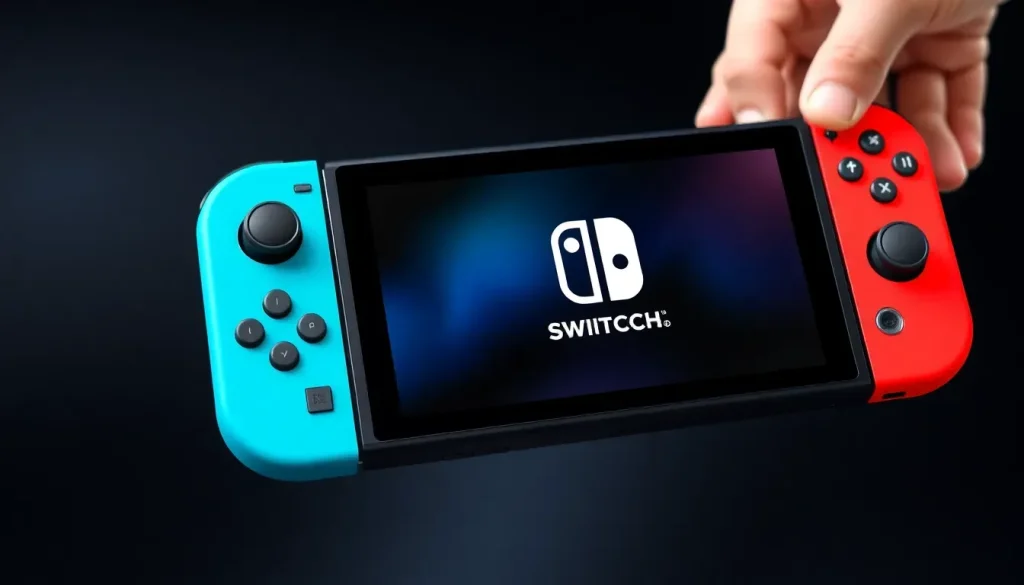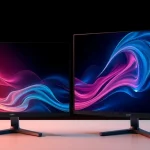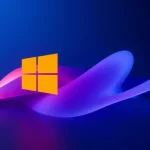Nintendo Switch 2 sells 10 million consoles in 5 months

The gaming world has been buzzing with excitement following the release of Nintendo's latest console. With impressive sales figures, it’s clear that the Nintendo Switch 2 is making a significant impact in the market. But what does this mean for the future of gaming and for Nintendo itself? Let’s dive into the numbers and the broader implications of this success.
Nintendo Switch 2 sales milestone: A historic launch
Nintendo has officially announced that the Nintendo Switch 2 has sold 10.36 million units within the first five months since its launch on June 5th. This remarkable achievement not only makes it the fastest-selling console in Nintendo's history but also highlights that a console does not need cutting-edge hardware to achieve commercial success.
To draw a comparison, the original Nintendo Switch took nearly double the time to reach the same sales milestone. This indicates that the Switch 2 is outperforming its predecessor by a substantial margin, selling at a rate that's twice as fast. The implications of this rapid sales growth are significant, not just for Nintendo but for the entire gaming industry.
Software sales: A booming ecosystem
In conjunction with hardware sales, the software sales for the Nintendo Switch 2 have also seen an impressive rise, totaling 20.62 million units sold in just five months. This translates to an average of over two games purchased per console, indicating that gamers are eager to expand their libraries alongside their new hardware.
- Mario Kart World leads the pack as the top-selling game, with 9.57 million units sold.
- Donkey Kong Bonanza follows closely, achieving 3.49 million units in sales from July to September.
- Other notable titles have also contributed to the software sales, demonstrating a strong demand for quality games.
Revising sales forecasts: Expectations soar
Given these outstanding sales figures, Nintendo has revised its sales forecast. The company initially projected to sell 15 million units of the Switch 2 in the current fiscal year but has now increased that estimate to a remarkable 19 million units within the first year alone. This bullish outlook reflects not only the current sales momentum but also the anticipated continued interest in the console as more games are released.
If these projections hold true, the Nintendo Switch 2 could achieve more than half of the total sales that Xbox Series X and Series S have garnered in five years, all within its inaugural year. The contrast between the two platforms highlights a significant market disparity, showcasing Nintendo's ability to attract and retain a large gaming audience.
Comparative analysis: Switch 2 vs. Xbox Series
As of now, the combined sales of Xbox Series X and Series S stand at approximately 34 million units. Given that the Nintendo Switch 2 has already surpassed 10 million units sold, if this trend continues, there's a strong possibility that the Switch 2 could outpace these Xbox consoles in the next two years.
This potential outcome raises questions about the future of Microsoft's gaming strategy. The latest sales data indicates a troubling trend for Xbox, as their consoles are reportedly experiencing declining sales, which could lead to a more significant gap in market share.
Future outlook: What lies ahead for Nintendo?
Looking ahead, the sales trajectory of the Nintendo Switch 2 suggests it is on course to become the best-selling console of this generation. Current predictions place the PlayStation 5 in second place, while both the Xbox Series X and S are projected to finish last in terms of total sales.
- The disparity in sales numbers between the top three consoles is expected to grow.
- With PS5's sales already exceeding those of Xbox consoles by more than double, the gap is likely to expand as the generation progresses.
- Factors contributing to this include exclusive titles, pricing strategies, and brand loyalty among gamers.
The gaming landscape: Broader implications of Switch 2's success
The success of the Nintendo Switch 2 may have broader implications for the gaming industry as a whole. It reinforces the notion that innovative gameplay and a robust game library can outweigh the importance of merely having the latest hardware specifications. This could potentially shift how developers approach game design and marketing in the future.
Furthermore, the substantial success of the Switch 2 might inspire other companies to reassess their strategies. While high-performance hardware is certainly attractive, the Nintendo model shows that affordability and engaging games can resonate more with consumers.
As we continue to monitor the sales data of the Nintendo Switch 2, it will be fascinating to observe how the competitive landscape evolves. For now, it seems clear that Nintendo has struck a chord with gamers, paving the way for a promising future.
For further insights into the success of the Nintendo Switch 2, you might find this video interesting:




Leave a Reply